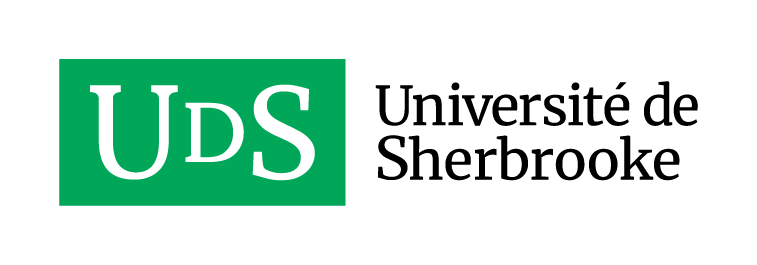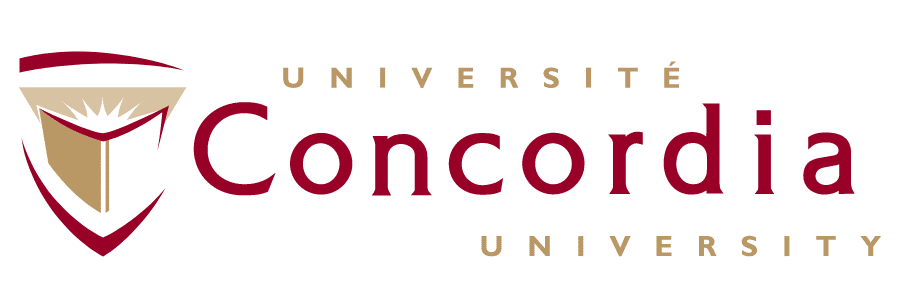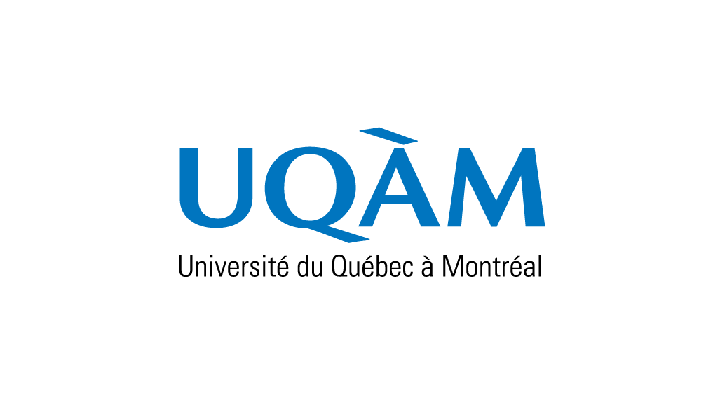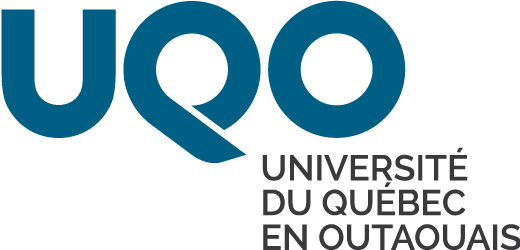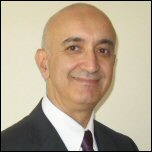
Smail Niar, INSA Hauts-de-France and CNRS
France
Date : 29 août 2025
Heure : 10h00 à midi
Lieu : Université Concordia, Pavillon EV, Salle EV002.238 (1515 Rue Sainte-Catherine O., Montréal, QC H3G 2H7)
Résumé: Deep learning (DL) models are being deployed to solve various computer vision and natural language processing tasks at the edge. Integrating DL on edge devices for edge systems enables more efficient and responsive solutions, ushering in a new age of self-sustaining Edge AI. However, resource-constrained edge devices present a myriad of challenges for DL:
- The inherent complexity of neural network architectures, which requires significant computational and memory capabilities.
- The limited power budget of edge devices makes the inference prone to rapid energy depletion, drastically reducing system utility.
- The lack of adaptability to the dynamic runtime environment and the intricacies of input data.
Hardware-aware Neural Architecture Search (HW-NAS) has recently gained steam by automating the design of efficient DL models for a variety of various target hardware platforms.
However, HW-NAS requires excessive computational resources. Thousands of GPU days are required to evaluate and explore an architecture search space.
In this talk I will present state-of-the-art approaches for HW-NAS that are based on three components:
a) Surrogate models to predict quickly architecture accuracy and hardware performances to speed up HW-NAS. The idea is to explore the prospect of Machine Learning for Machine Learning (ML4ML) by introducing techniques to estimate DL models performances on edge devices using neural architectural features and ML-based predictors.
b) Efficient multi-objective search algorithm that explores only promising hardware and software regions of the search space, and
c) New model compression techniques that can be combined with HW-NAS to reduce the processing and memory complexities such as computation reuse and dynamic NAS.
Note biographique: Prof. Smail Niar, INSA Hauts-de-France/Université Polytechnique Hauts-de-France (UPHF) & CNRS, received his PhD in computer Engineering from the University of Lille (France) in 1990. Since then, he has been professor at UPHF where he is director of the computer science .
Colloque annuel du ReSMiQ
JIR2025 et 14e Concours de démonstration technique de microsystèmes

